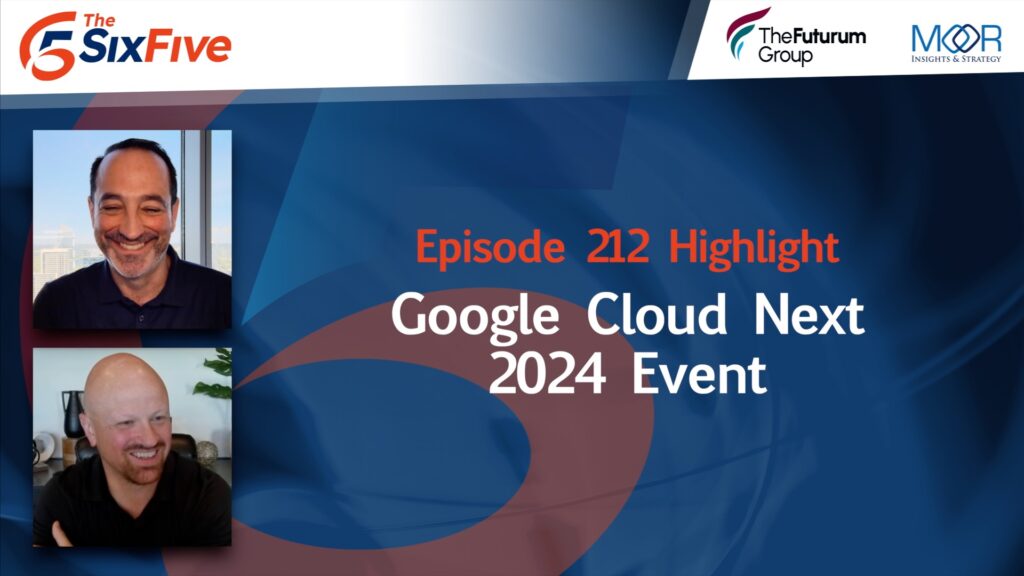The News:
Digital experience analytics provider Glassbox released research demonstrating how small friction points will cause customers to walk away from a brand’s digital experience and move on to a different one. According to the research, if consumers hit roadblocks with a digital booking, 40% will move on to another hotel/travel website, app, or booking engine. This stretches across generations, with 62% of Gen X saying they are somewhat or very likely to abandon the purchase and 51% of Baby Boomers feeling the same way.
Desired features when booking travel include:
- Easy-to-use search filters
- Price comparison tools
- Flexible booking options
- Ability to use points for booking
- Live chat
There are many complexities involved in a potential traveler’s digital journey, and yet expectations are high for a smooth experience. Click here to read the Glassbox press release
Booking a Trip? The Digital Experience Matters
Analyst Take:
The research from Glassbox points to consumer expectations of a seamless digital experience while researching or booking a trip. Consumers want faster load times, easier to use search filters, and price comparisons.
This data was not particularly surprising when considering the laundry list of expectations consumers have. What was a bit surprising was the 40% moving on to a different site if they experienced a roadblock, which indicates brand loyalty will only go so far, and that companies do not have the right technology in place keep this from happening, even know it happened, or to be able to remove the roadblock in real time.
When looking at customer experience for any touchpoint or overall event, it is not always the “big moments” that are the main contributors of the overall positive or negative feeling at the end of that individual interaction or overall journey. It is often the smaller moments that add up that make a customer abandon the booking altogether, or decide not to interact with that particular website, app, or booking engine again. For example, slow load times are a particular pain point, being identified as a top issue by 46% of the respondents when using a hotel/travel website or app. Confusing navigation was also a frustration.
Related article: Delta Airlines Rolling Out Personalized Digital Experience for Mobile Devices
Determining the Pain Points
Glassbox Chief Marketing Officer Asim Zaheer offered some insights into this lack of patience, as well as the critical need to keep on top of what is happening during a customer journey.
“We’ve become so used to accessing the information we want at exactly the point in time we want it that when we don’t get that experience, it feels easy to leave it behind in search of an experience that can give us what we’re expecting,” Zaheer says. “Usability is also very important – the ability to easily navigate a website or mobile app and find what you’re looking for or complete whatever task you require. This is what makes it so crucial for brands to not only stay on top of bugs in their apps or on their websites but also understand where the user struggles exist and how better design can impact loyalty. When an issue occurs, it needs to be found quickly, so it can be fixed quickly, and customers can be put back on a seamless journey again.”
There is an abundance of technologies available to help with gathering feedback and tapping into voice of the customer, but there are still challenges in brands using the technology to their advantage, tying it all together and learning from those customers who do not leave feedback.
Zaheer shares, “Voice of the Customer (VoC) platforms are really good at telling brands how a customer feels, but a lot of them lack insight into what happened that made the customer feel that way. Additionally, you may only get one customer out of 50 sharing feedback through a survey, but are you able to take that feedback and look at the actions of other customers to see if their experience might have mirrored this same challenge or pain point? Integrating VoC with Digital Experience Intelligence (DXI) can help travel brands correlate customer feedback with the actual experiences that led customers to offer that feedback. Then any customer who had a similar experience, such as followed the same journey or experienced the same error can be identified, so brands can have a more complete understanding of the full scope of an issue, effectively giving a voice to those ‘silent customers who don’t leave feedback.”
Expectations, Channel Preference, and Personalization
Similar to every other experience touchpoint, the research data shows that consumer age matters and companies need to have a strategy to offer and support each channel. Half of the respondents preferred booking travel and accommodations via a website on a computer browser, but mobile is also very well liked, with one in three people preferring this option. Forty-nine percent of Millennials say they prefer to book travel through native apps, and 44% of Gen Z said the same. Baby Boomers prefer booking on a website or computer browser (69%).
Technology choice is also a driver for conversion. Being offered incentives such as discounts, points, or miles spur consumer to interact with a brand’s native mobile app and Glassbox pointed to a hotel group that saw mobile app conversion rates that were 2x higher than web and 10x higher than mobile web rates.
Personalization is a key factor in travel and hospitality and the digital experience is no different. Forty-two percent of survey respondents said difficulty in finding relevant information was a pain point. The importance of knowing your customer so that you can offer up the type of personalized experience they want or offer they are desiring, cannot be underestimated. People want to be “known,” not in an overbearing type of way that invades their privacy, but in a way that benefits them with personalized recommendation or incentives.

Zaheer concurs, saying, “The travel industry has had a bit of an identity crisis in recent years when it comes to building and protecting customer loyalty. Travel brands need to be even more focused on developing positive and personalized experiences that make travelers want to keep booking with them. That’s why it’s imperative to continuously understand their experiences, adjust and personalize. Personalization is vital for travel brands to show travelers that they are remembered and valued. This is a large part of what builds loyalty and keeps someone coming back to the same brands over and over.”
Related article: Radisson Hotel Group’s Digital Transformation Continues
Author Information
As a detail-oriented researcher, Sherril is expert at discovering, gathering and compiling industry and market data to create clear, actionable market and competitive intelligence. With deep experience in market analysis and segmentation she is a consummate collaborator with strong communication skills adept at supporting and forming relationships with cross-functional teams in all levels of organizations.
She brings more than 20 years of experience in technology research and marketing; prior to her current role, she was a Research Analyst at Omdia, authoring market and ecosystem reports on Artificial Intelligence, Robotics, and User Interface technologies. Sherril was previously Manager of Market Research at Intrado Life and Safety, providing competitive analysis and intelligence, business development support, and analyst relations.
Sherril holds a Master of Business Administration in Marketing from University of Colorado, Boulder and a Bachelor of Arts in Psychology from Rutgers University.









